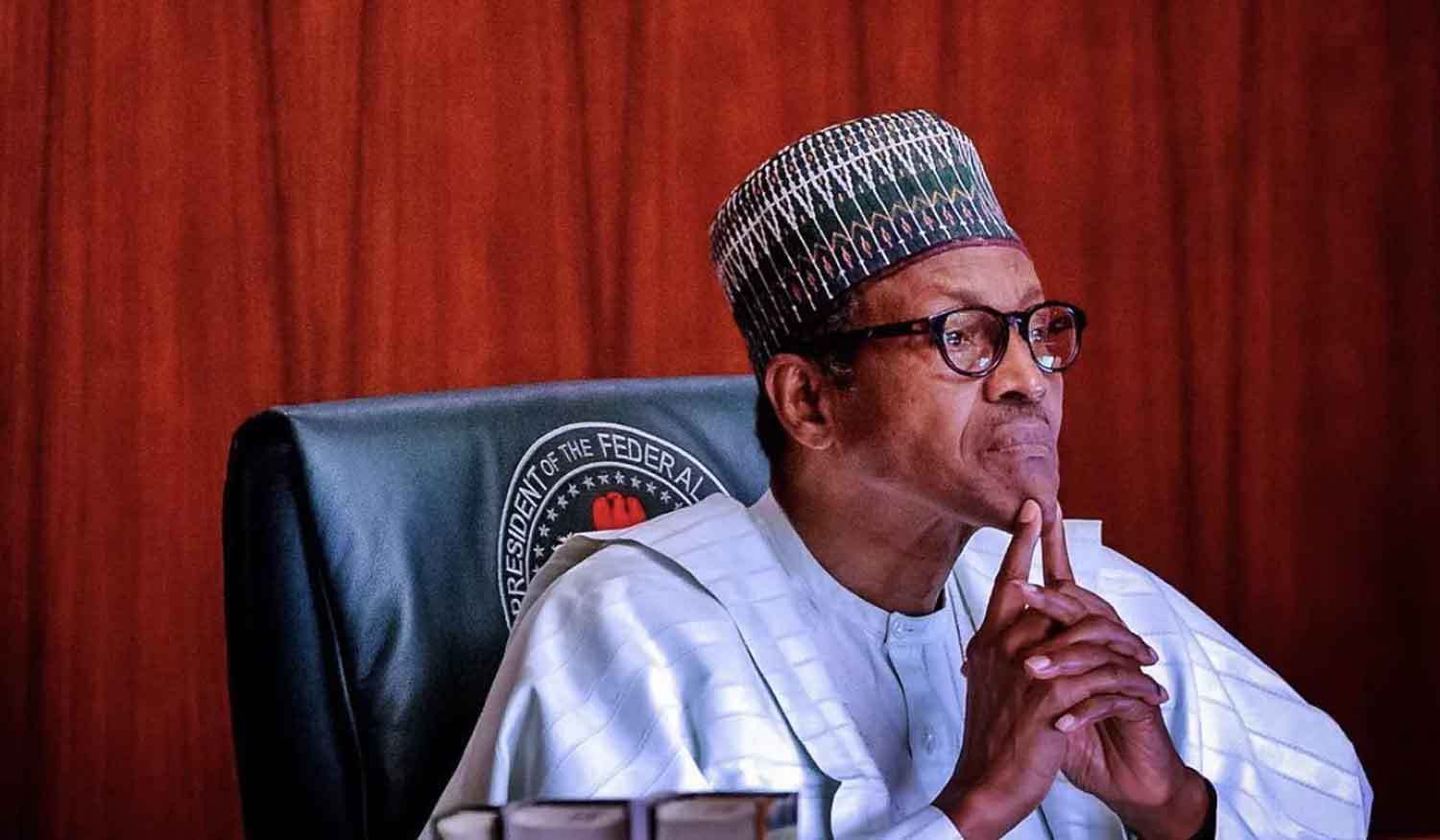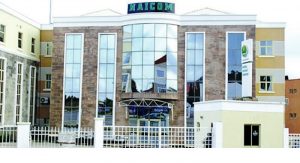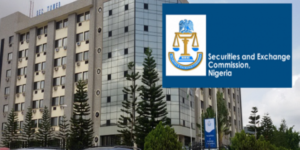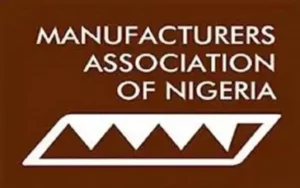
By David Akinmola
For the Federal Government to rally its insurance obligation as the highest financier, there is a need to set aside two per cent for insurance premiums yearly from the non-debt expenditures to safeguard the government’s properties in the country.
This, the former Director General of, the Lagos Chamber of Commerce and Industry (LCCI) and Chief Executive Officer, Center For Promotion of Private Enterprise (CPPE), Dr. Muda Yusuf, in his presentation tagged: “2023 Budget and insurance industry” at the 2022 Insurance Industry Consultative Council (IICC) workshop held in Ogun State.
Besides, Yusuf also advised the government to decentralize insurance premium payment at the Federal Ministries, Departments, and Agencies (MDAs).
The economic expert stressed the need for the decentralisation of insurance premium payment at the federal level saying that in the 2023 Ministries, Departments, and Agencies (MDAs) budgetary provisions for insurance premium compared to the total budget for the year is grossly inadequate.
Yusuf, who gave analysed the budgetary provisions for insurance premiums of some of the government MDAs, he said showed Head of Service with a total budgetary allocation of N8.4 billion, set aside N16.3 million (1.9%) as insurance premium; Economic and Financial Crime Commission (EFCC) with a total budgetary allocation of N43.2 billion will pay 213 million (0.5%) as an insurance premium for 2023; Federal Road Safety Commission (FRSC) will pay N250 million (0.5%) as insurance premium from a total budgetary allocation of N60 billion.
On the side of the Nigeria Police Force (NPF) with a total budgetary allocation of N805 billion, N294 million (0.5 per cent) was allocated for insurance premiums; Plant Quarantine allotted N37.8 million (0.14%) of the N27 billion allocation for insurance premium; Finance Ministry with a total budgetary allocation of N259.2 billion only set aside N35.4 million (0.01%) for insurance premium; Works and Housing with a total budgetary allocation of N356 billion set aside N5 million (0.001%) for insurance premium; Labour Ministry allocated N5.9 million (0.06%) for insurance premium from a total budgetary allocation of N9.5 billion and Power with a total N162.7 billion allocation set aside N1 million (0%) for insurance premium.
He was concerned that the pronouncement by the government that all government assets should be insured is yet to be implemented, saying that budgetary allocations to insurance premiums by the Federal Government Ministries, Departments, and Agencies (MDAs) “are grossly inadequate.”
Dr.Yusuf said the MDAs do not even have any budgetary allocation for insurance premiums adding that there are also concerns about the centralization of insurance premiums in the office of head of the service.
He called on the stakeholders to take advantage of the window of opportunities offered by the Secretary to the Government of the Federation (SGF) for increased budgetary allocation for insurance premiums.
Also spoke at the workshop, the Head, of Corporate Communication, Polaris Bank Limited and President of, Association of Corporate & Marketing Communications Professionals in Banks (ACAMB),Rasheed Bolarinwa, said: “There is a need for a deliberate collaborative campaign for national awareness about the importance of insurance.
“A dedicated jointly owned media vehicle should be created by all stakeholders to serve as a news agency on insurance content shared with other media houses. “Regulatory bodies in the Nigerian insurance industry are expected to partner the Nigerian media industry towards creating a diverse and inclusive newsroom; that has content development and coverage strategy that builds audience trust in insurance and provides for a better representation of different societies.”
Speaking on issues militating against insurance penetration in Nigeria, Mr Bolarinwa mentioned doubts about insurance companies, hostile economy, trust issues emanating from hidden clauses, inadequate access to information technology, weak regulatory framework, lack of skilled personnel and poor awareness of insurance services by the prospective assured, among other factors.
He said: ”The response that follows the mention of insurance or insurance companies to an average Nigerian is predictable. Negative reactions and lukewarm attitude are the kinds of feeling that come with an invitation to insurance policies.








